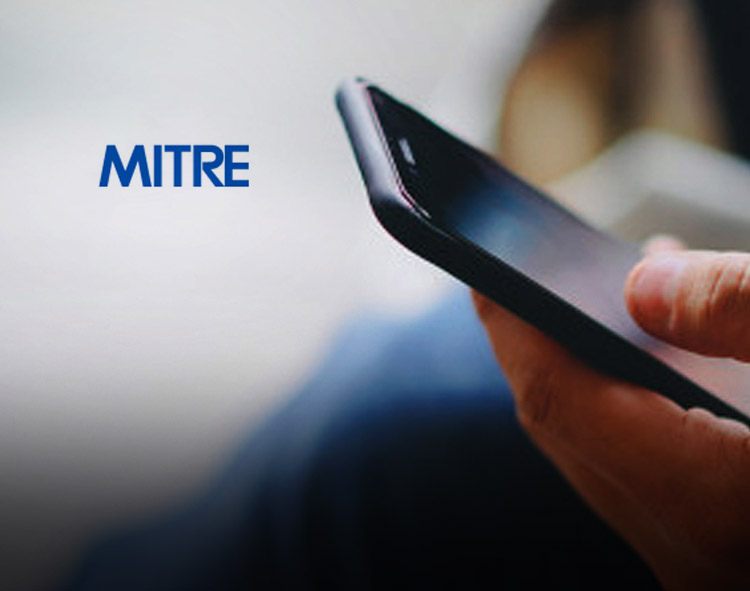The MITRE–Harris Poll Survey on Lifestyle Data Privacy finds just one in 10 Americans believe health insurance companies have access to their personal spending and streaming habits, despite reports of insurers scouring public and private sources for consumer-generated data (CGD) to build customer profiles and predict an individual’s healthcare costs.
Read More: A Quick Review on Some of The Biggest Global Fintech Mergers & Acquisitions
Distinct from protected health information (PHI) like chronic conditions and medication history, CGD refers to lifestyle or behavior data generated by an individual’s purchasing, membership, or online activity. A majority of respondents say it’s acceptable for their insurance company (60%) or employer (52%) to use personal data to design health promotion activities tailored to the member or employee. However, whether it’s their social media activity or binge-watching habits, two-thirds surveyed say it’s simply “unacceptable” for health insurers or employers to gather or purchase outside information about members or employees.
The survey, conducted June 16-18, 2020, among 2,065 adults (aged 18 and over), finds consumers are largely unaware of the extent to which industry, including health insurers, can acquire common types of CGD, such as online shopping history, from a variety of sources, including so-called “data brokers.”
“These results reinforce that a significant gap exists between what we believe our insurance companies and employers know about us personally, and what they actually do,” said Erin Williams, executive director and division director for Biomedical Innovation at MITRE. “Americans need more education about the ways third parties are accessing and using their consumer-generated data. But it really shows that companies have an obligation to be more transparent about what data they are collecting from third parties.”
To help mitigate potential harm arising from the use of CGD for healthcare purposes, the MITRE research team developed An Ethical Framework for the Use of Consumer-Generated Data in Health Care. The framework provides values, principles, and guidelines that organizations that use consumer data can apply to promote ethical CGD use and better protect users.
Additional key findings from the MITRE-Harris Poll survey include:
- 70% of respondents believe there is an obligation to share personal health information to stop the spread of disease. However, fewer than half (44%) say they would share their own personal information to a national database to help stop the spread of COVID-19, such as whether they had or were exposed to someone with COVID-19. Only 36% would be willing to share their temperature, and 29% their location, while only a quarter would disclose chronic illnesses.
- 77% of those surveyed don’t believe any data privacy exists in today’s world. Gen X (79%), Boomers (83%), and Seniors (89%) were more likely to agree data privacy is a thing of the past, while Millennials (66%) and Gen Z (61%) were less likely to say there is no privacy.
- Consumers want control over who their personal information is shared with, but they are willing to give up some personal privacy in exchange for safety (65%) and convenience (48%). Gen Z (61%), Millennials (52%) and Gen X (54%), urbanites (57%), and men (56%) are more likely than their counterparts to trade privacy for convenience.
- Consumers don’t trust social media companies with their personal health information. Consumers may share intimate health details over social media platforms, but 59% said they were are “not comfortable” sharing PHI with social media companies themselves. Consumers trusted doctors’ offices (86%), health insurers (75%), and medical researchers (72%) more than employers (59%) and genealogy companies (56%) with their PHI.
Rob Jekielek, managing director, The Harris Poll, said, “There are clear gaps in attitudes towards, and understanding of, lifestyle data privacy and its use by industry — this trend is also particularly noteworthy when looking at differences based on ethnicity, where the research shows 10% to 20% gaps between white, Black, and Hispanic Americans.”
Methodology
This survey was conducted online within the United States between June 16-18 among 2,065 adults (aged 18 and over) by The Harris Poll on behalf of MITRE via its Harris On Demand omnibus product.
Read More: GlobalFintechSeries Interview with Michael Higgins, Chief Executive Officer at Velox Clearing
